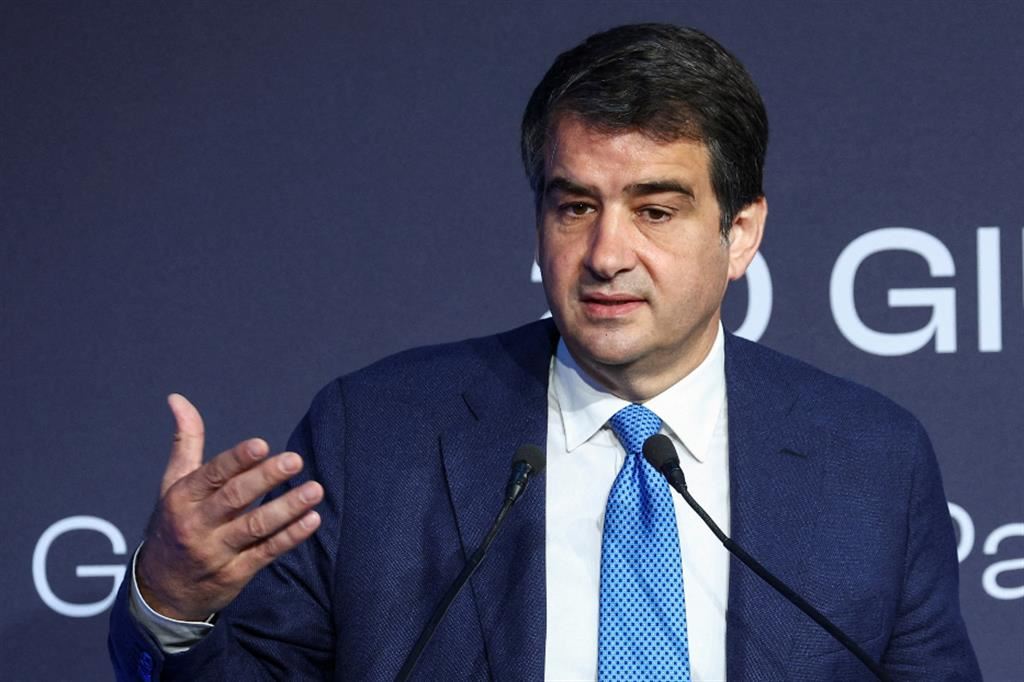The unveiling of the European Commission’s new team, led by re-elected President Ursula von der Leyen, has been delayed by a week. Initially scheduled for tomorrow morning during a Brussels meeting with the Conference of Presidents of the European Parliament, the presentation has been postponed to next Tuesday. This delay is due to the Slovenian government’s tardiness in designating their commissioner candidate, which has yet to be officially confirmed by the Slovenian Parliament.
The delay has sparked debate and speculation. Concerns have been raised about the low number of female candidates, prompting von der Leyen to request that member states nominate both a man and a woman for each position. While some countries, like Romania and Slovenia, have adjusted their nominations to include women, others have resisted this dual nomination approach. Von der Leyen has expressed her determination to address these issues, noting that without her intervention, the initial list would have included only four women out of 25 commissioners.
Further complicating the situation is the case of Italian Minister Raffaele Fitto. Appointed by Italy for a prominent role in the Commission, Fitto’s affiliation with the right-wing European Conservatives and Reformists (ECR) has caused friction. The Italian government is pushing for Fitto to be nominated as a vice-president, creating an impasse in Strasbourg. The Socialist and Democratic Group’s President, Iratxe Garcia Perez, criticized this move, suggesting that it undermines gender balance and the integrity of the Commission’s process.
The Socialists and Democrats, represented by Stefan Löfven, have warned that they will not support the Commission if it does not meet their expectations in terms of policy and principles. Similarly, the Renew Europe group has expressed concerns about Fitto’s potential nationalist inclinations, stressing that Commissioners must remain independent and committed to European integration.
The Green Party has also voiced strong objections, emphasizing that von der Leyen’s election was largely due to their support and warning against a shift to the right. The Democratic Party has stated that while they will evaluate Fitto impartially, they expect clear pro-European signals from him. The political landscape remains tense as von der Leyen prepares to present the revised list of commissioners next week.

